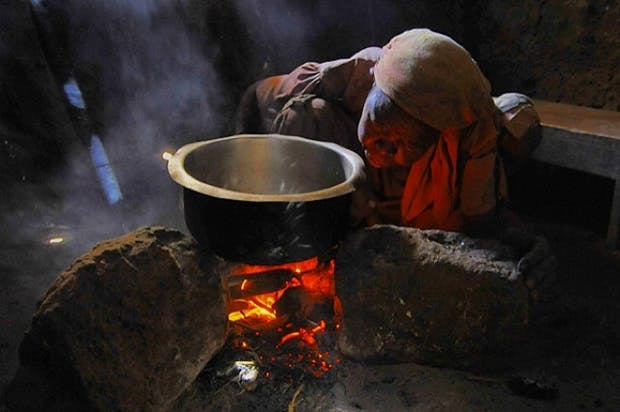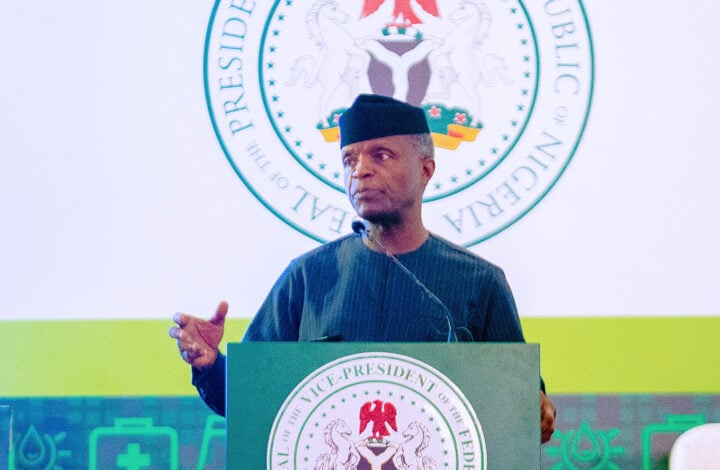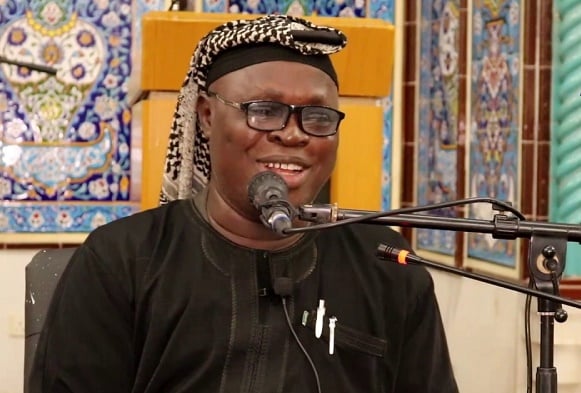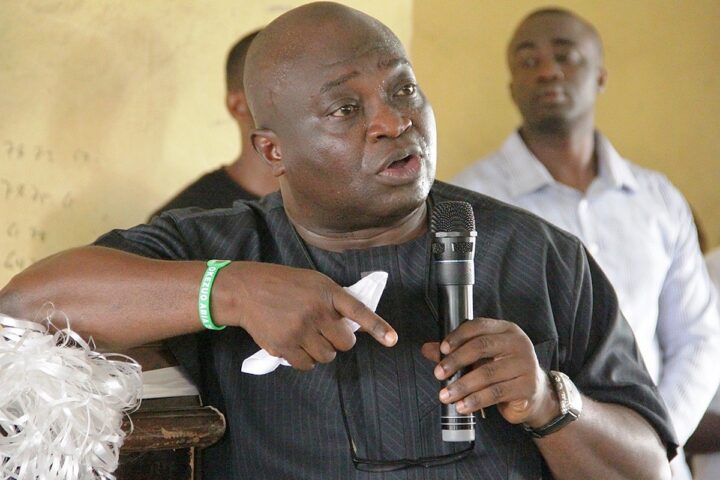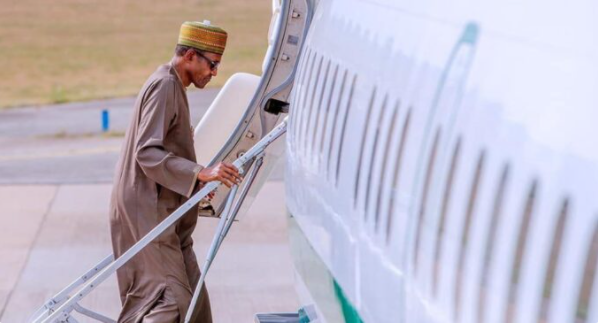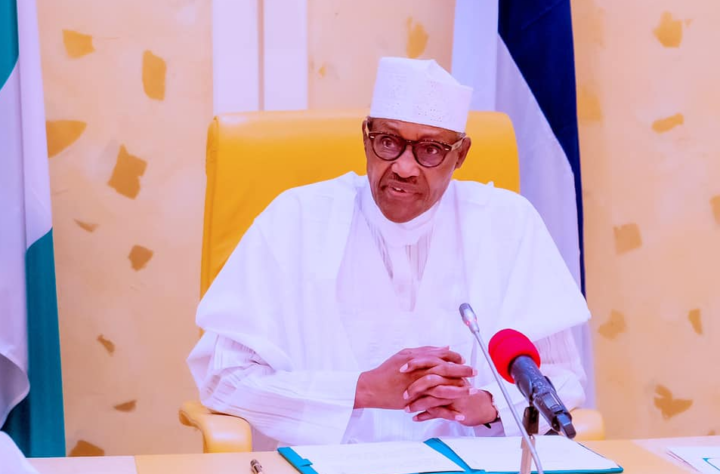A Kenyan woman cooks with wood, her pot resting over a traditional “three stone fire,” while smoke fills the inside of her home. Photo credit: Alex Kamweru/UN Foundation
Despite directly impacting our communities, health and livelihood, climate-related reports usually take a back seat to dominant news beats like politics and business. Climate Watch aims to ensure you never miss important stories on climate change and actions being taken towards limiting its impact.
Here is a round-up of last week’s climate stories:
- Whenever global emissions that fuel climate change is mentioned, it is easy to hear developing countries on the defence of having contributed little to the problem. For this reason, there is a $100 billion promise from developed countries to help developing countries adapt and build resilience to climate change impacts. However Joy Egbe, a Nigerian youth climate activist, says this discomforts her because it has become an easy excuse for developing countries like Nigeria. She is of the opinion that developing countries should quit making excuses and start taking responsibility for their own actions and also help in building resilience for their people. She said instead of depending on developed countries, developing countries need to use resources at their disposal to adapt to climate change. More on this here
Advertisement
- As the world drives towards the net-zero emission target, Nigeria has also keyed in to say the country is targeting net zero emissions by 2050 in an effort to reduce greenhouse gases in the country. Vice-President Yemi Osinbajo while speaking at an energy summit last week said net zero emissions by 2050 is one of the aims of the country’s Energy Transition Plan. He disclosed that Nigeria had launched an energy compact which would ensure five million Nigerian homes and 25 million people are electrified using renewable energy by 2023. In contrast, Timipre Sylva, minister of state for petroleum resources, said while the federal government is looking at transitioning, it is also necessary to monetise the country’s oil resources. Read further here.
- Also sometime last week, the United Nations Educational Scientific and Cultural Organisation (UNESCO) extended a membership invite to Lagos to become a member of the megacities alliance for water and climate (MAWAC). MAWAC, which includes 33 megacities across the world, focuses on addressing climate change challenges. The alliance will be formally inaugurated in January 2022 in Paris, France. Funke Adepoju, executive secretary of Lagos State Water Regulatory Commission (LASWARCO), said the invitation extended to Lagos will provide the state with resources to tackle climate challenges. Read more on this here.
- A visit to mining sites across the country reveal men, women and children working on these sites do so without protective kit. And this is very dangerous, according to Stanley Okorie, coordinator, National Environmental Standards and Regulations Enforcement Agency (NESREA) in Ebonyi. Okorie said miners risk kidney diseases if they do not use protective equipment. Okorie said this habit could also lead to early aging. He said there needed to be adequate provision of protective equipment for miners and persons working at the mine. More on this here.
Advertisement
- The UN’s human rights body has voted to recognise the right to a safe, clean, healthy and sustainable environment as a human right. The Guardian UK reports that the human rights body also appointed an expert to monitor human rights as it relates to the climate emergency. The human rights council passed the clean-environment resolution, which calls on countries to boost their abilities to improve the environment. Lucy McKernan, deputy director for UN advocacy at Human Rights Watch, called the clean-environment measure a “significant advance” to help address the global environmental crisis. McKernan said the global recognition of this right will help empower local communities to defend their livelihoods, health, and culture against environmental destruction, and that it would also help governments develop stronger and more coherent environmental protection laws and policies.
- Nigeria is set to develop a clean cooking policy that would help reduce death caused by cooking with such materials as firewood. Sharon Ikeazor, minister of environment, speaking at an event over the weekend said it was unacceptable for Nigeria to have the greatest number of people dying in Africa as a result of the lack of access to clean cooking. She pledged the federal government’s determination to develop a policy framework for clean cooking in the country, disclosing that “there is already an inter-ministerial committee saddled with the responsibility of developing this policy.
- Vice-President Yemi Osinbajo says the plan to defund gas projects in the drive to the global net-zero emissions target will be unhelpful to developing countries like Nigeria. The vice-president during a high-level UN event in London cautioned that “limiting the development of gas projects would pose serious challenges”. He said the government was making efforts to use large shares of clean energy sources like solar to electrify five million homes by 2023, and for 30 percent of its electricity supply to come from renewables by 2030. He however said the move to defund gas projects would not help the country’s development as natural gas was being used for industry, fertiliser manufacturing, and cooking, which are more difficult to transition than power generation.
